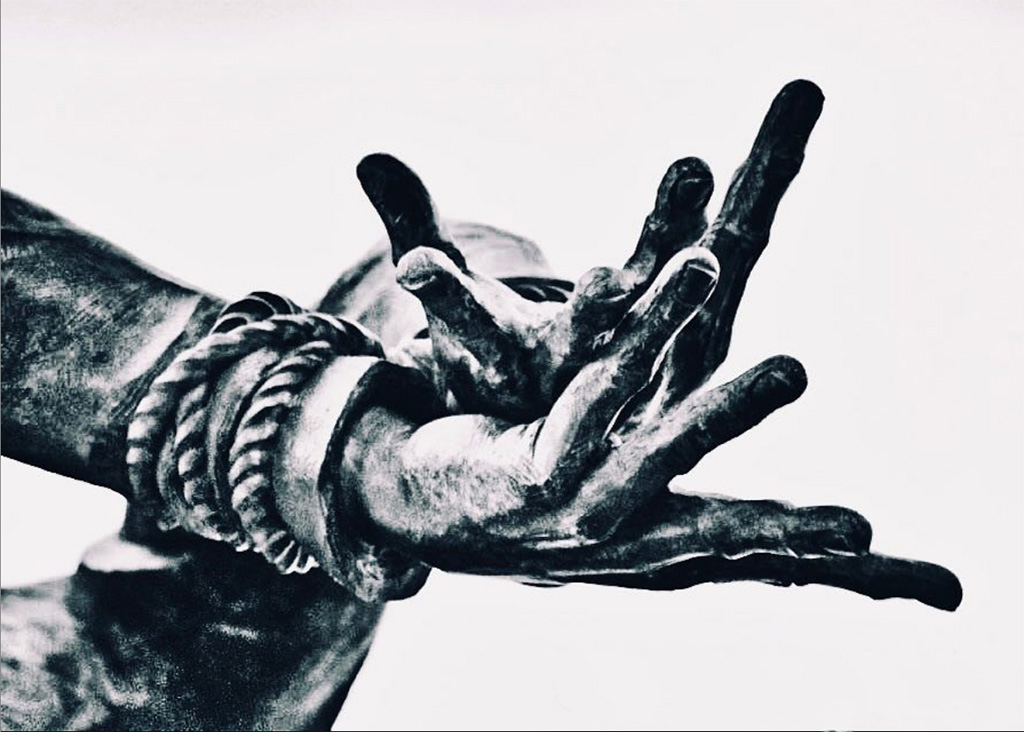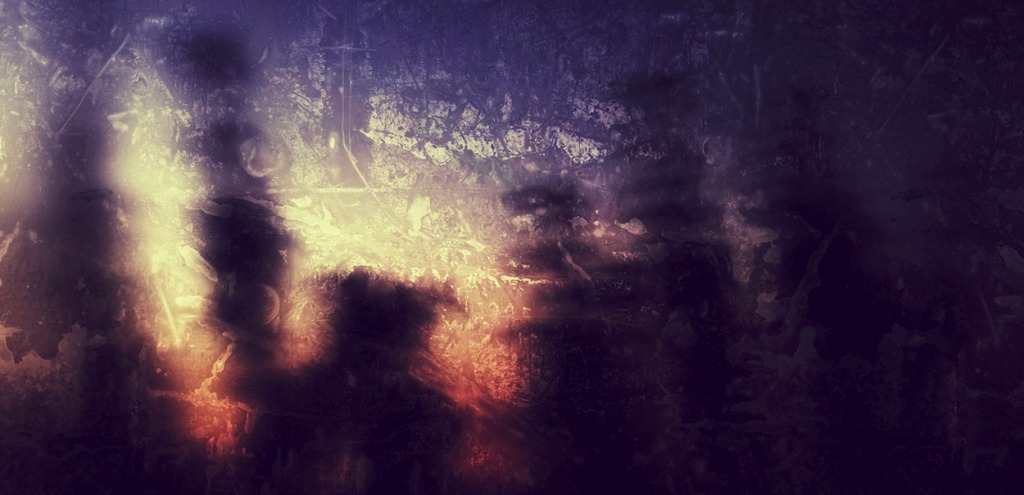#tbt author interviews and book reviews originally published in A&U Magazine
The Fallen Angels of Karnataka
by Hans M. Hirschi
Yaree AB
Reviewed by Alina Oswald
Over the past three decades we’ve come to expect a certain kind of story from books covering—or even touching on—the subject of HIV and AIDS. Reads that dare to challenge these expectations are often considered too bold, or risk not being entirely understood or even appreciated. And yet, change is sometimes necessary. When it comes to AIDS-related literature, change can offer a new take on the way we look at and feel about this pandemic.
Hans M. Hirschi’s latest novel, The Fallen Angels of Karnataka, delivers this kind of necessary change, telling the story of a young man, Haakon, who lives in a quiet town, in the mountains of Norway, and dreams of traveling the world to find love, and adventure. Soon after he embarks on his journey, he discovers that the path to his dreams is often a winding road, at times seemingly impossible to travel.

The read stands out for many different reasons. The author doesn’t place HIV and AIDS center stage in his story. Rather, he includes it as a part of a more complex puzzle defining his characters and their life stories. And yet, HIV-and-AIDS is present throughout the read. It transcends space, taking readers on a journey around the world. It also transcends time, from the eighties, when AIDS used to be a feared death sentence, until today, defined, at least in part, by a present-day epidemic.
Through it all, HIV-and-AIDS intertwines with love, loss, despair, disappointment, and also second chances. The characters in The Fallen Angels of Karnataka can choose to take their second chances…or not; second chances when it comes to life—not only surviving the disease, but also living a full life while living with HIV—and also when it comes to redemption or finding love and happiness.
The Fallen Angels of Karnataka is a story about traveling the world—not including the U.S. (the novel mentions the country’s travel ban for individuals living with HIV and AIDS; the ban was only recently lifted by President Obama). It is also a story that takes on issues such as poverty and the power of money, and child trafficking and abuse. Fallen Angels is an entertaining, eye-opening read that reshapes the way we look at HIV and AIDS, reminding us that AIDS is still a global pandemic, and also that it’s not the only, but rather one of the many issues we have to solve, still, in order to make the world a better place.
Last Winter’s Snow
by Hans M. Hirschi
Beaten Track Publishing
Reviewed by Alina Oswald
Thing to remember is if we’re all alone, then we’re all together in that, too.” This quote, from the movie P.S. I Love You, came to mind as I finished reading Hans M. Hirschi’s latest novel, Last Winter’s Snow. While set almost entirely in Sweden, the story of Last Winter’s Snow resonates with any one of us, as a reminder not only that we are not alone in our struggles, but also (to borrow from the same movie) that there are times when life as we know it can change forever, for better or for worse. What is important is how we deal with and what we make of these changes.
The struggles as well as victories portrayed in Last Winter’s Snow are all too familiar, universal experiences captured through a more local, Swedish lens. And Hirschi brings them all to life, while taking us along on an unforgettable journey through the country he calls home—from Stockholm and all the way to Sápmi, the land of aurora borealis and indigenous people called Sami. We get to learn about the LGBT history “from a Swedish perspective” through the story of Nilas, a Sami, and his Swedish husband Casper, from the moment they meet, at the beginning of the AIDS crisis, and through the years and decades that followed.
Hirschi’s characters see the AIDS crisis, “as if Death himself had crept into bed with them, wedging himself between them, a cruel reminder that their lives, their love, had indeed a best-before date, and that said date might be sooner rather than later.” We recognize the feelings of despair and loneliness, as well as the disregard from the outside world, the loss and pain that appear as a signature portrayal of the AIDS crisis, regardless of the place. We also recognize the related stigma and discrimination that have survived well beyond the AIDS crisis.
Through it all, the love Nilas and Casper share survives it all. So does their hope for a better, more understanding world. In this regard, Last Winter’s Snow becomes perhaps a promise that that kind of world is, indeed, possible.
Michel: Fallen Angel of Paris
Text and Author’s Portrait by Alina Oswald
Over the years, the HIV and AIDS pandemic has touched tens of millions of lives, leaving in its wake tremendous loss and suffering, hope and stubborn resilience, as well as stories—individual and collective stories that have captured the ongoing pandemic, thus, recording its history.

Hans M. Hirschi’s new book is such a story. In Michel: Fallen Angel of Paris, the author takes on the subject of HIV intersectionality [see this month’s Gallery article] and examines it through the lens of ongoing and new crises, as well as through the lens of history. Released on April 30, 2022, Michel is based on a character from a previous novel, The Fallen Angels of Karnataka [A&U, February 2015]. The author includes enough back story, so that, while the two narratives intertwine, Michel can be read as a stand-alone novel.
Michel, the character, appeared in Hirschi’s previous book “in the wrong place and way too early, and so, he had to go,” the author explains. “The scene where he passes away is, to this day, my favorite scene of everything I’ve written,” he adds. It’s impossible to read that particular passage without tearing up.
Yet, while Michel, the character, had to go, its (his) ghost continued to linger around. “Michel, never really let go of me,” Hirschi says, pondering. “And so, in 2020 just before the pandemic hit—and I’m not talking about the HIV one, I’m talking about COVID—I started writing Michel’s story, because I was curious about his upbringing. I had a little bit of a back story [about Michel] from his [brief] interactions and conversations with Haakon, the main character of The Fallen Angels of Karnataka, but it wasn’t flashed out,” Hirschi says, explaining that he was curious about what was missed from Michel’s life. “And you know, I always say that, as a reader, in The Fallen Angels of Karnataka you learn about how Michel died. In Michel: Fallen Angel of Paris, you learn how he lived.”
Hirschi’s new book tells a coming-of-age story set in the eighties, a time the author refers to as a dark, if not “probably the darkest time for the LGBTQ+ community.” It is a heartfelt and heartbreaking story about love and loss, about unlikely friendships that cross time-and-space boundaries, about compassion, acceptance, redemption, and also hope.
“The story of Michel is not ‘just’ about HIV and AIDS,” Hirschi writes in his note introducing his book. “It’s also the story of an entire generation, and a very special time for Christopher’s kind. What sort of lives did we lead back then, before the internet, before iPhones? What did we do? What happened to us? We loved, worked, studied, played; we listened to music, watched movies, and yes, [sought] intimacy in brief physical encounters. Far too often, we would also get hurt by people who knew we couldn’t cry for help, people who knew we would find no sympathy if we did.”
In so many ways, Michel: The Fallen Angel of Paris tells a collective story of a time not long ago and a crisis still left unsolved. Through its characters—Michel and Haakon—it brings to life not only the dark, harsh reality defining those first years of the HIV and AIDS crisis, but also a collective relationship defining that time. It is a kind of relationship that, sadly, only very few individuals were lucky enough to have. “Only very few had a Haakon to look after us in the end, [to] love us unconditionally,” Hirschi writes. “Many of us loved a Michel, and we all have lost a Michel, time and time again.”
Hans M. Hirschi’s novel stands out for many reasons: exquisite writing, powerful narrative, and memorable characters, to mention only a few. What makes Michel: Fallen Angel of Paris a book impossible to put down, in particular, is the remarkable story that it tells—heartfelt, riveting, and awe-inspiring, an unforgettable story that shows that in spite of all crises (ongoing, as well as new) there is still reason for hope.
Find out more about Hans M. Hirschi by visiting online at http://www.hirschi.se.
Learn more about Beaten Track Publishing at http://www.beatentrackpublishing.com/






Leave a comment